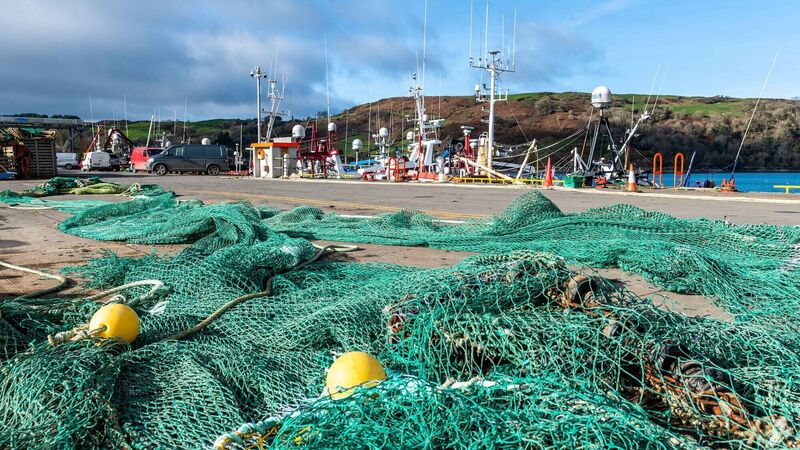Only three owners out of 57 paid in full months after fishing boat decommissioning scheme starts

Ireland’s fishing industry losses from Brexit will amount to around €43m a year by 2026 as part of a five-year EU-UK post-Brexit quota “adjustment” phase. Photo: Andy Gibson
Eight of the 57 fishing boats accepted for decommissioning have been scrapped but just three of their owners have received their money in full from the State.
According to Bord Iascaigh Mhara (BIM), which administers the government scheme, another six boat owners are still waiting for 50% of the monies they are due. As the decommissioned boats have to be destroyed, there is now a waiting list for the country’s two specialist recyclers, in New Ross and Limerick.










